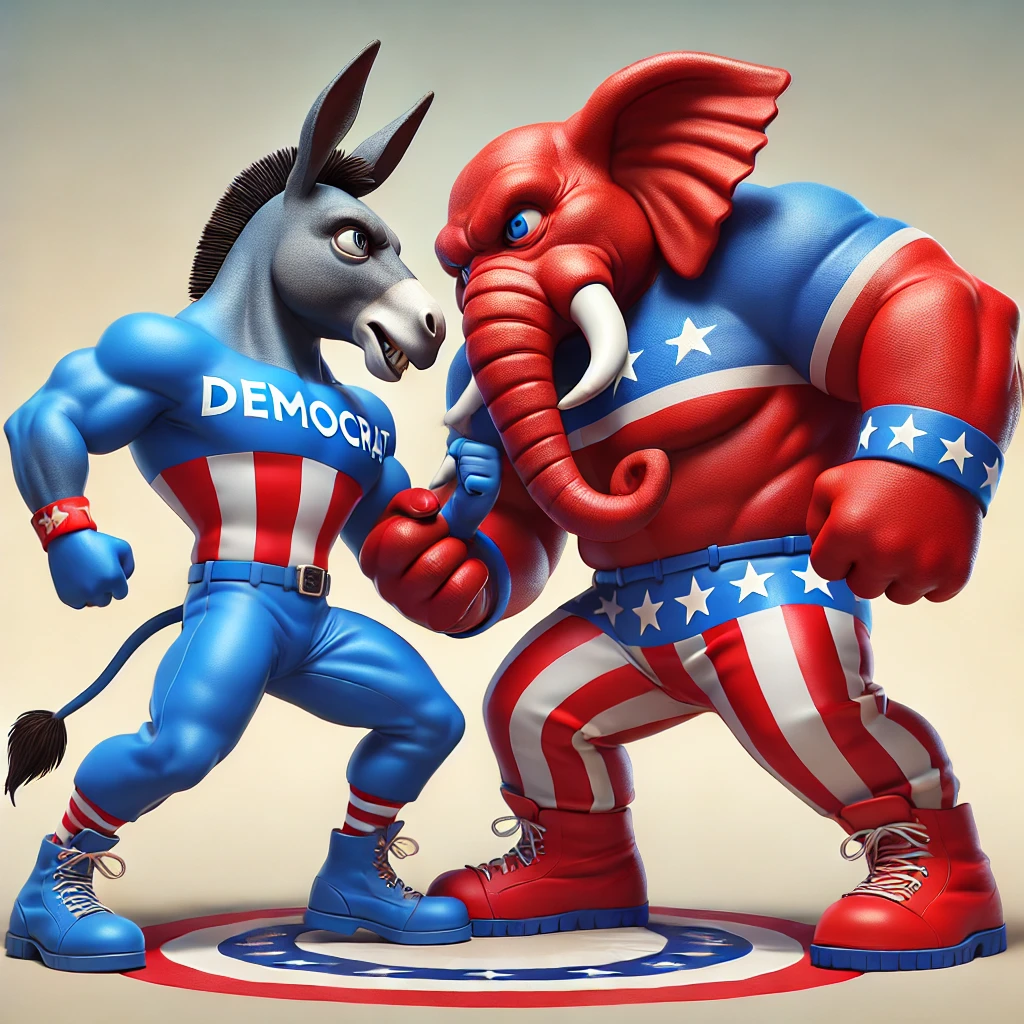Building Resilient Teams Through Leadership in Times of Uncertainty
In times of political and social uncertainty, strong leadership is more essential than ever. By focusing on empathy, trust, and purpose, leaders can guide their teams through challenging times with resilience and confidence.

How to Lead Effectively During Uncertain Times
The upcoming election will likely stir strong emotions across workplaces. According to recent surveys, 76 percent of executives foresee a divided government, which may heighten existing tensions and emotional responses among employees. Rather than avoiding these challenges, leaders can use them as an opportunity to build stronger, more resilient teams. Here’s how:
1. Embrace Open, Civil Dialogue
Avoiding difficult conversations might feel easier, but it often backfires by allowing misunderstandings and resentment to fester. Leaders should model respectful dialogue, creating space for diverse perspectives and constructive debate. Simple questions like, “What am I missing?” can keep conversations open and productive, strengthening trust across the team.
2. Prioritize Psychological Safety
Election-related issues can add stress and distraction to the workplace. Leaders who acknowledge this and offer psychological safety help employees feel comfortable expressing concerns without fear. Regular check-ins, such as “How are you feeling?” and “How can I support you?” can foster a supportive work environment where people feel seen and valued.
3. Anchor Teams in Purpose
Purpose is a powerful tool during turbulent times, serving as a guiding light for employees. When leaders connect individual roles to a larger mission, it boosts motivation and resilience. Research shows that employees with a sense of purpose are more engaged and perform better under pressure, reinforcing the importance of purpose-driven work.
4. Build Trust to Enhance Flexibility and Adaptability
Uncertain times can tempt leaders to exert more control, but empowering teams with autonomy fosters agility and innovation. Research highlights that employees in high-trust organizations experience reduced burnout and increased engagement. Trust empowers teams to adapt swiftly to changes, enhancing overall team resilience.
In conclusion, the coming election period is a test for leaders to inspire and unify their teams. By embracing empathy, open dialogue, and a clear purpose, leaders can not only support their teams through uncertain times but also cultivate a culture of resilience and trust that will benefit the organization long after the election season.